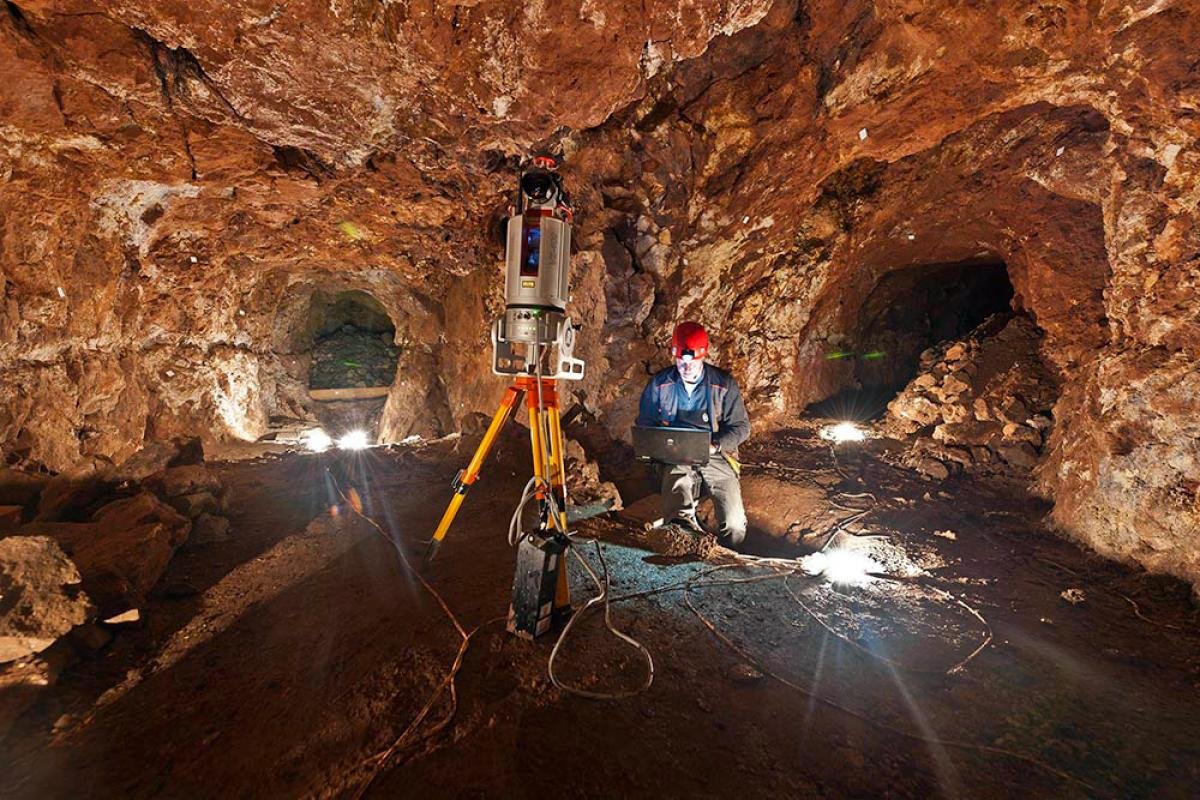The Minister for Lands and Natural Resources, Samuel Abu Jinapor, has emphasized the pivotal role the mining sector will play in the New Patriotic Party’s (NPP) 2024 manifesto, unveiled on Sunday, August 18, 2024, in Takoradi.
Speaking at the launch, Samuel Jinapor highlighted the sector’s significant achievements under the NPP administration and outlined ambitious plans to further boost the industry, with a focus on job creation and economic growth.
The Damango Member of Parliament underscored that under the leadership of President Nana Addo Dankwa Akufo-Addo, Ghana has risen to become Africa’s leading gold producer, overtaking South Africa, and now ranks sixth globally.
He attributed this success to the government’s strategic policies, which have revived dormant mines such as Bibiani and Obuasi.
The result has been a surge in export receipts, with gold alone generating over five billion US dollars in the first half of 2024.
Looking ahead, Jinapor outlined the manifesto’s vision for the mining sector under a potential Bawumia presidency.
He noted that three new gold mines—Newmont in the Ahafo Region, Cardinal Namdini in the Upper East Region, and Azumah Resources in the Upper West Region—are currently under construction. These projects are set to solidify Ghana’s position as the continent’s top gold producer while creating numerous jobs for the country’s youth.
The Minister also highlighted the NPP’s commitment to value addition, local content, and participation policies. Key initiatives include the construction of refineries, mandatory listing on the Ghana Stock Exchange, and the reservation of specific jobs and services for the Ghanaian private sector.
These measures are designed to ensure that the benefits of Ghana’s mining wealth are felt directly by its citizens.
In the small-scale mining sector, Jinapor pointed to significant regulatory improvements and the expansion of community mining schemes. He acknowledged the challenges that remain but noted that the sector is far more regulated than when the NPP took office in 2016.
A major policy shift—the reduction of withholding tax on unprocessed gold from three percent to 1.5 percent—has led to a dramatic increase in gold exports from small-scale miners, with growth rates exceeding 6,000 percent.
Jinapor also praised the Domestic Gold Purchase Programme, which has seen Ghana’s gold reserves increase from eight tonnes since independence to 17 tonnes in just five years. Additionally, the Gold for Oil Programme has been instrumental in stabilizing fuel prices at the pumps, offering relief to Ghanaians amidst global economic challenges.
Looking to the future, the NPP’s 2024 manifesto proposes the establishment of a Minerals Development Bank, aimed at financing viable local mineral projects and further enhancing the sector.
“It will be jobs, jobs, jobs for the Ghanaian people,” Jinapor assured, stressing that both large and small-scale mining will continue to flourish under a Bawumia-led administration.
As Ghana approaches the 2024 elections, the NPP is positioning the mining sector as a cornerstone of its economic strategy, promising to build on past successes and deliver even greater prosperity for the nation.
Source: Ghana/Starrfm.com.gh/103.5FM/Isaac Bediako




